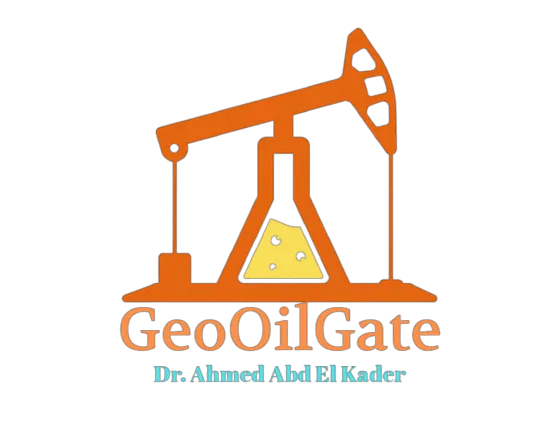GEOPHYSICS
Geophysics is the study of Earth’s physical properties and the physical processes that influence the Earth. Geophysical surveys provide us knowledge about the Earth and information on natural resources and the environmental conditions. As well as mapping, geophysicists at NGU measure and interpret the Earth’s magnetic field, gravitational field, heat flow, electrical resistivity, radiation and electrical conductivity. This work involves both nationwide data collection and detailed study of the physical properties of rocks.














